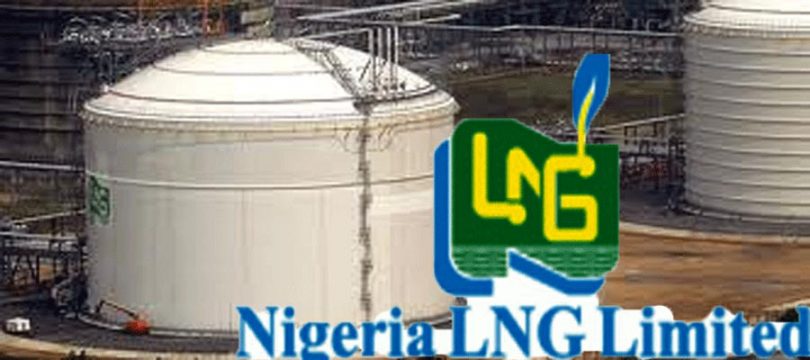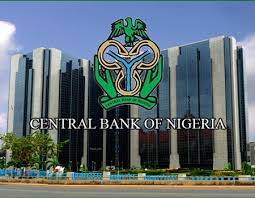
Nigeria Liquefied Natural Gas Limited has revealed that the country’s major gas exporter – NLNG, was currently not meeting its gas export obligations to customers, not to talk of signing new long-term gas export contracts.
It, however, pointed out that this was basically due to the grave level of insecurity around gas pipelines and wanton vandalism of gas infrastructure, which had crumbled the export of gas.
Nigeria LNG Limited is one of the world’s top 10 suppliers of LNG, and was incorporated as a Limited Liability Company on May 17, 1989, to harness Nigeria’s vast natural gas resources and produce Liquefied Natural Gas and Natural Gas Liquids for export.
The company is an independent Incorporated Joint Venture owned in the following proportions: Nigerian National Petroleum Company Limited, 49 per cent; Shell Gas B.V. 25.6 per cent; TotalEnegies Gaz & Electricité Holdings, 15 per cent; and Eni International N.A. N.V. S.àr.l, 10.4 per cent.
Speaking on gas exports, during the last panel session on Wednesday at the ongoing 6th Nigeria International Energy Summit in Abuja, the Managing Director, Nigeria LNG Limited, Dr Philip Mshelbila, explained that Nigeria’s gas supply decline grew worse in the last two years.
He stated that while competing nations such as the United States and Qatar were currently signing long-term contracts for gas exports, Nigeria was under force majeure, as it could not meet its obligations to customers, not to talk of signing new contracts.
“Let me get specific around exports. We started this decline in gas supply, it really got bad within the last two years in particular. During that time we had COVID and we then had Ukraine-Russia crisis.
“Demand has soured to levels we have never seen before. Prices last August were at record never seen before. This was the period we were having the lowest gas supply ever, so we could not be there to play in that market.
“Coming out of that, contracts are now being signed with Qatar and the United States in particular, and a few other countries. LNG contracts are long-term contracts, so the biggest demand markets are locking themselves into 20-year, 15-year contracts,” Mshelbila stated.
He added, “But do you know what our status is? We are under force majeure, meaning we cannot meet our obligations to existing customers, not to talk of being able to sign up new customers or new contracts. That’s where we are!”
On a couple of things the country should do to address this, he said Nigeria had got to fix the issue of insecurity immediately.
“If we don’t do it, then this becomes one of the paradoxes where we leave the security situation as it is and we start finding our ways around it.
“That has to be fixed, (for) it will immediately unlock at least 30 per cent out of the 40 per cent gap that we have in NLNG, and also a lot of the gas that should have been coming into the domestic market,” the NLNG boss stated.
On could be done in the medium to long term, Mshelbila said it would be addressed by the Decade of Gas policy if it is implemented as captured in the document.
He wondered the kind of paradoxes in Nigeria and called for the tackling of Nigeria’s problems head-on.
“Sometimes when I talk to my expatriate friends, I say Nigeria is a nation of paradoxes. Some examples, we produce a huge amount of crude and then we import the finished product. And rather than fix the problem fundamentally, and address those refineries, we built the biggest refinery in the world.”
Follow us on Facebook/ twitter















